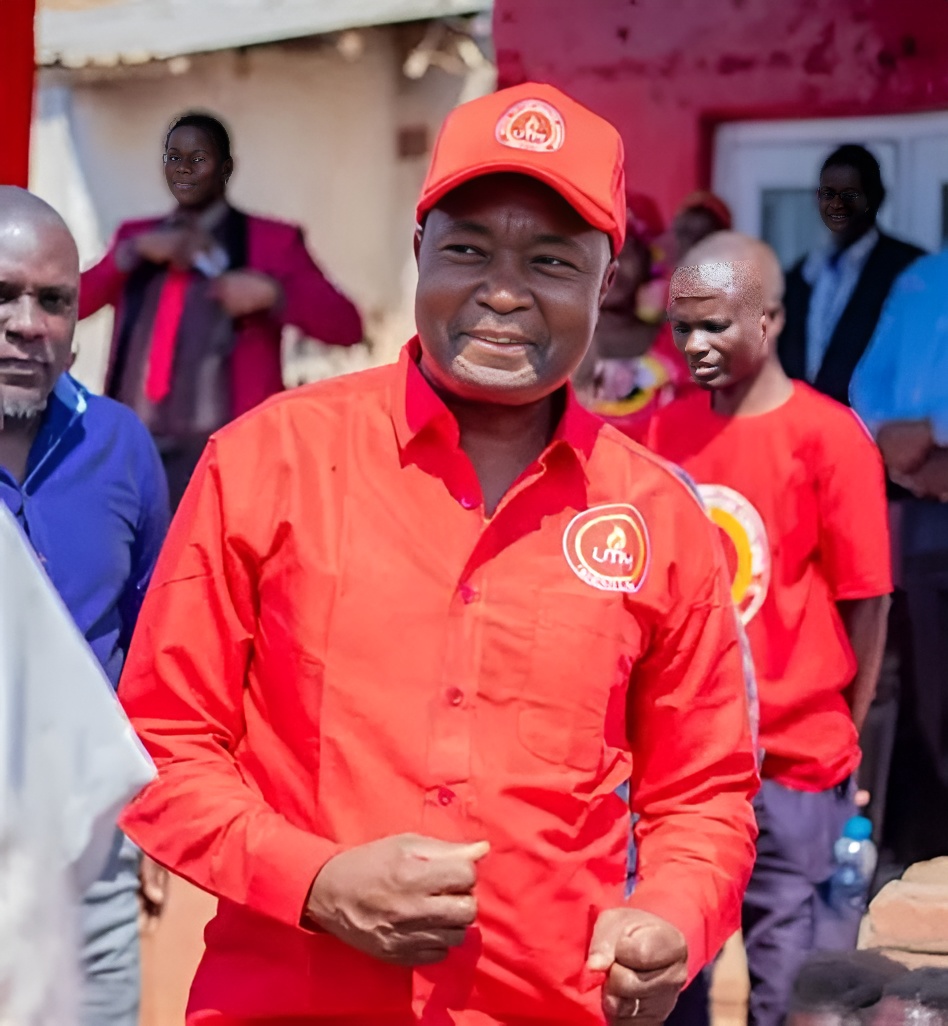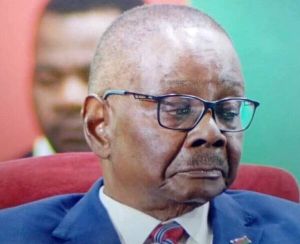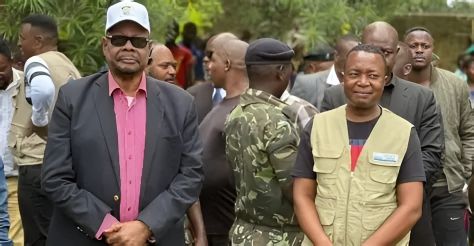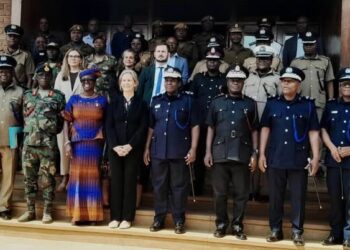The simmering war of words between the Democratic Progressive Party (DPP) and the UTM has now exploded into a full-blown political showdown, with daggers drawn just weeks before Malawians head to the polls.
At the heart of the fight is DPP’s attempt to shield the legacy of its frail and sick presidential candidate, former President Arthur Peter Mutharika, while simultaneously dragging the ruling Malawi Congress Party (MCP) into the standoff.
In a strongly worded statement released on Friday, August 29, 2025, the DPP accuses UTM leader Dr. Dalitso Kabambe of spreading “lies and misguided assertions” against Mutharika in his campaign speeches.
But in its defense of Mutharika, the DPP reignited old wounds by attacking academics Professor Blessings Chinsinga and Dr. Jessie Kabwila, accusing them of being MCP instruments in the infamous 2011–2012 academic freedom saga.
This strategy has sparked accusations that the DPP is once again running away from its own past mistakes and trying to shift the blame onto others.
Political analysts argue that instead of confronting its own controversial record in government, the party is scapegoating innocent individuals and trying to drag the MCP into a battle where it was never a direct player.

The DPP statement sought to counter Kabambe’s allegations that Mutharika had failed in crisis management during his time in office. It listed three major episodes: the British High Commissioner’s expulsion in 2011, the academic freedom standoff of 2011–2012, and the judiciary strikes of 2012.
On the academic freedom standoff, which saw university lecturers and students rise against DPP government interference in academic freedoms, the DPP flatly rejected Kabambe’s claims, insisting that Chinsinga and Kabwila were acting as MCP proxies to destabilize the administration then.
But this claim directly contradicts widely documented evidence that the saga was triggered by the late President Bingu wa Mutharika’s heavy-handed response to academic debate and the subsequent crackdown on dissent in higher education institutions.
By dragging the name of MCP into issues that were clearly a DPP governance failure, critics say the party is distorting history and attempting to smear innocent individuals who at that time were just criticizing the excesses of APM administration
The DPP’s latest statement is being interpreted as an act of political desperation.
Kabambe has become one of Mutharika’s fiercest critics after breaking away to lead UTM. His campaign has highlighted governance blunders under both the Bingu and Peter Mutharika administrations, including the economic collapse of 2011–2012, the “zero-deficit budget” fiasco, and widespread civil unrest.
Instead of addressing these criticisms directly, the DPP appears intent on rewriting history to protect its candidate’s legacy. For many observers, this refusal to take responsibility mirrors the DPP’s broader political strategy, deny, deflect, and attack.
The fight between Kabambe and the DPP has escalated steadily over the past months. What began as mild exchanges over economic mismanagement and reckless governance track record has now escalated into a bitter contest over truth, history, and legacy.

Kabambe has framed Mutharika, now old, frail, and disconnected leader, as clinging to past glory, while the DPP paints Kabambe as a political opportunist trying to gain relevance by attacking his former party.
With this latest statement, the DPP has crossed a new line by dragging the MCP into the fight effectively turning what was a UTM–DPP quarrel into a three-way confrontation.
For MCP, this is a familiar tactic. For years, the DPP has blamed the ruling party for orchestrating sabotage, protests, and crises, even when evidence points to internal DPP failures.
Political commentators say the DPP’s strategy is both “predictable and dangerous.”
“Whenever they are cornered, the DPP looks for scapegoats. Kabambe is asking legitimate questions about governance failures under APM, but instead of responding with facts, they drag MCP and innocent academics into the mud. This is not only dishonest but also reckless, especially in an election season where tempers are already high,” said one political commentator.
The intensifying DPP–UTM feud comes at a critical time, as parties gear up for the elections. The DPP, facing internal divisions and a frail candidate in Mutharika, is desperate to consolidate its base. The UTM, on the other hand, is banking on Kabambe’s technocratic appeal and youthful energy to chip away at both MCP and DPP support.
But by dragging MCP into its crossfire with UTM, the DPP risks broadening the battlefield effectively uniting two rival camps against it. In a contest already defined by shifting alliances, this could prove a costly mistake.
For now, the political daggers are out, and as the campaign season heats up, the UTM–DPP fight is certain to intensify, with MCP unwillingly pulled into the brawl as the scapegoat of DPP’s troubled past.







